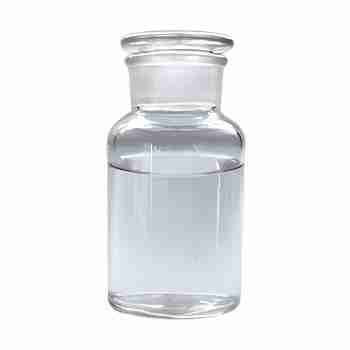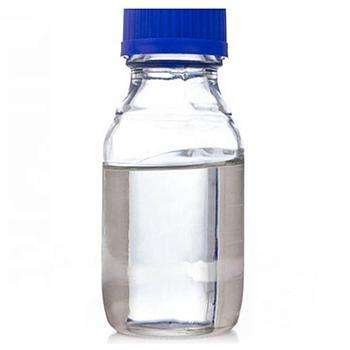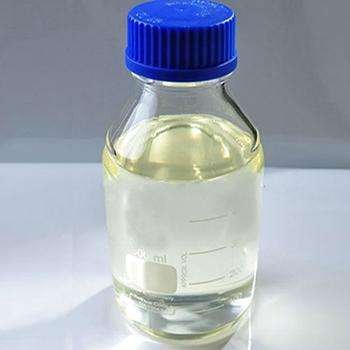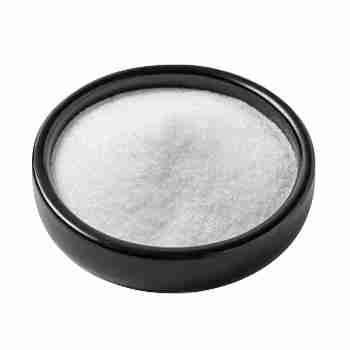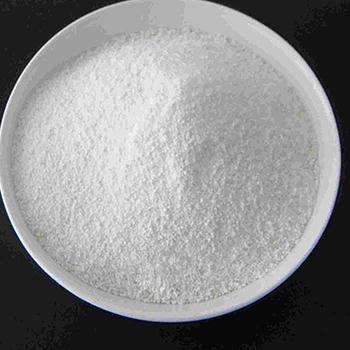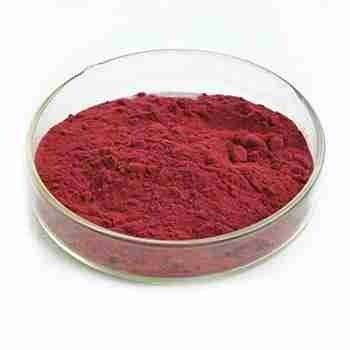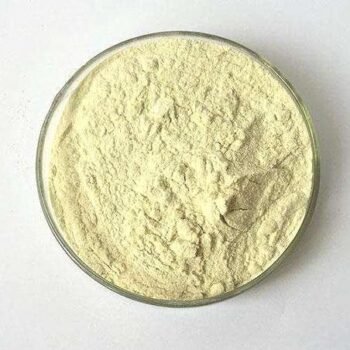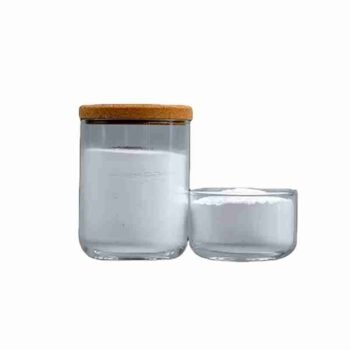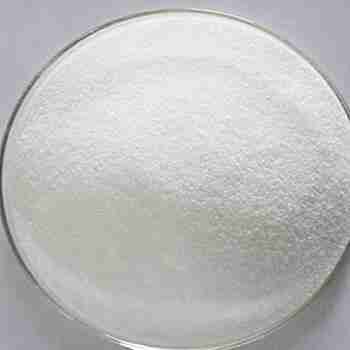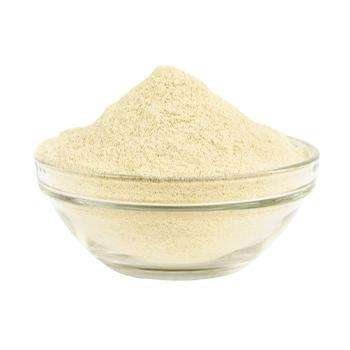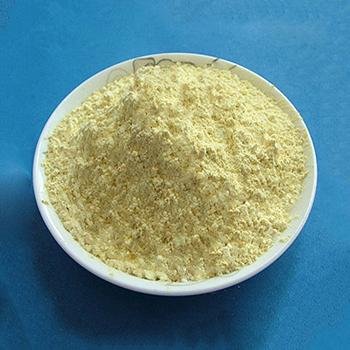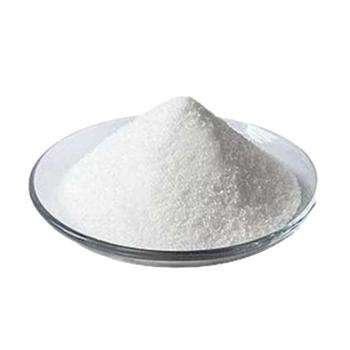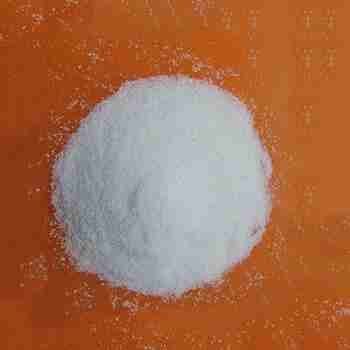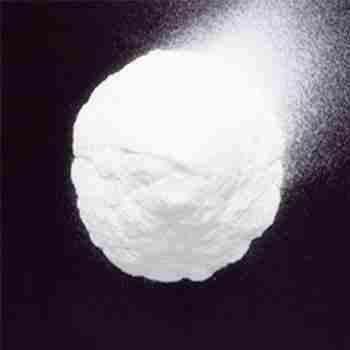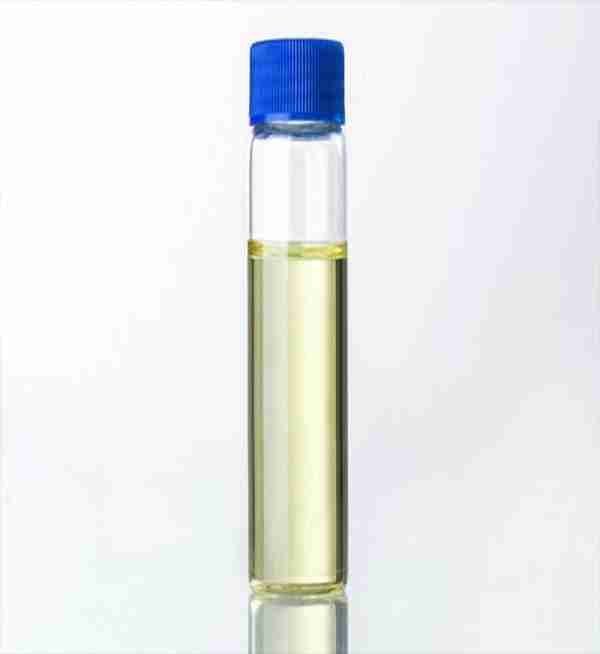Citric acid CAS# 77-92-9
Citric acid is a white, crystalline, weak organic acid present in most plants and many animals as an intermediate in cellular respiration. Citric acid contains three carboxyl groups making it a carboxylic, more specifically a tricarboxylic, acid.the name citrus originates from the Greek kedromelon meaning apple of melon for the fruit citron. Greek works mention kitron, kitrion, or kitreos for citron fruit, which is an oblong fruit several inches long from the scrublike tree Citrus medica. Lemons and limes have high citric acid content, which may account for up to 8% of the fruit’s dry weight.
发送询盘
Citric acid CAS# 77-92-9
| Citric acid Basic information |
| Product Name: | Citric acid |
| Synonyms: | Citric acid Vetec(TM) reagent grade, 99%;Buffer solution according to Weise;FLUORESCEIN DISODIUM SALT USP GRADE;PROPYLENE GLYCOL HIGH PURITY GRADE;READY LADDER 50BP DNA MARKER;YELLOW PRIMARY SOLUTION;CITRICACID,ANHYDROUS,PREMIUM(BULK;CITRICACID,ANHYDROUS,USP(BULK |
| CAS: | 77-92-9 |
| MF: | C6H8O7 |
| MW: | 192.12 |
| EINECS: | 201-069-1 |
| Product Categories: | Pharmacopoeia A-ZPharmacopoeia (USP);Alphabetical Listings;C-D;Flavors and Fragrances;Buffers A to ZBiochemicals and Reagents;Biochemicals and Reagents;Other BiochemicalEssential Chemicals;Reagent Grade;Pharmacopoeia A-ZBiological Buffers;Pharmacopoeia (USP);USP/MultiCompendial Grade Buffers;Food additive and acidulant;Water Ttreatment Chemicals;FOOD ADDITIVES;CI – CLOther Lipid Related Products;NeatsChromatography;Alphabetic;C;Fatty AcidsFA/FAME/Lipids/Steroids;Food&Beverage Standards;Free Fatty Acids;Lipid Analytical Standards;Organic Acids;C6Biochemicals and Reagents;Other BiochemicalMore…Close…;ACS Grade BuffersBiological Buffers;ACS GradeBiological Buffers;Buffers A to ZCarbonyl Compounds;Essential Chemicals;Routine Reagents;Capillary Zone ElectrophoresisBiochemicals and Reagents;ChelatorsNutrition Research;Other Biochemical;Biochemicals Found in Plants;Capillary Electrophoresis;Cell Culture;Reagents and Supplements;Buffer Concentrates (FIXANAL);pH Buffers for Titration;Titration;C6Nutrition Research;Carbonyl Compounds;Carboxylic Acids;Food & Flavor Additives;Other BiochemicalPharmacopoeia (USP);Pharmacopoeial OrganicsCell Culture;USP Chemicals and ReagentsBiological Buffers;USP/MultiCompendial Grade BuffersMore…Close…;Buffer Solutions, pH 5 – 9pH Buffers for Titration;Buffer Solutions;Other Buffer Solutions;ACS Grade;ACS Grade Buffers;Bioactive Small Molecules;Biochemicals and Reagents;Biological Buffers;Buffers A to Z;Building Blocks;C6;Carbonyl Compounds;Carboxylic Acids;Cell Biology;Chelators;Chemical Synthesis;CI-CY;Essential Chemicals;Inorganic Salts;Nutrition Research;Organic Building Blocks;Other Biochemical;Phytochemicals by Chemical Classification;Research Essentials;Solutions and Reagents;AlphabeticalBiochemicals and Reagents;BioUltra Buffers;ChelatorsBiochemicals and Reagents;Luminescent Compounds/Detection;Solvents, Buffers and Reagents for Luminescence;Biological Buffers;Biological BuffersBiological Buffers;Buffers A to ZProtein Electrophoresis;77-92-9 |
| Mol File: | 77-92-9.mol |
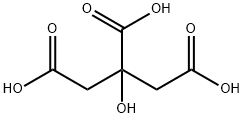 |
|
| Citric acid Chemical Properties |
| Melting point | 153-159 ??C (lit.) |
| Boiling point | 248.08??C (rough estimate) |
| density | 1.67 g/cm3 at 20 ??C |
| vapor density | 7.26 (vs air) |
| vapor pressure | <0.1 hPa (20 ??C) |
| refractive index | 1.493~1.509 |
| FEMA | 2306 | CITRIC ACID |
| Fp | 100 ??C |
| storage temp. | 2-8??C |
| solubility | Citric acid also dissolves in absolute (anhydrous) ethanol (76 parts of citric acid per 100 parts of ethanol) at 15 ??C. |
| form | grit |
| pka | 3.14(at 20??) |
| color | White |
| Odor | Odorless |
| PH | 3.24(1 mM solution);2.62(10 mM solution);2.08(100 mM solution); |
| Odor Type | odorless |
| explosive limit | 8%, 65??F |
| Water Solubility | soluble in Water (1174g/L at 10??C, 1809g/L at 30??C, 3825g/L at 80??C). |
| Sensitive | Hygroscopic |
| ??max | ??: 260 nm Amax: 0.20 ??: 280 nm Amax: 0.10 |
| Merck | 14,2326 |
| JECFA Number | 218 |
| BRN | 782061 |
| Stability: | Stable. Incompatible with bases, strong oxidizing agents, reducing agents, metal nitrates. |
| InChIKey | KRKNYBCHXYNGOX-UHFFFAOYSA-N |
| LogP | -1.64 |
| CAS DataBase Reference | 77-92-9(CAS DataBase Reference) |
| NIST Chemistry Reference | 1,2,3-Propanetricarboxylic acid, 2-hydroxy-(77-92-9) |
| EPA Substance Registry System | Citric acid (77-92-9) |
- 2
- 2-diallylpent-4-en-1-amine
- 4
- 95-16-9
- Ammonium sulfamate
- Benzothiazole
- cas:67889-00-3ح2
- cas:83524-75-8 | pigment black 32
- cas:928836-00-4 | 2
- cas:932745-70-5 | 4
- Chemical Minerals
- Coconut diethanolamide
- Daily Chemicals
- discount
- for sale
- General pvc resin
- hexyl D-glucoside
- in stock
- Lauramidopropyl betaine
- LAURIC ACID MONOETHANOLAMIDE
- Petroleum Additives
- Plasticiser
- Ploymers
- price
- PVC
- quotation
- Raw Materal
- Remove term: Petroleum Additives Petroleum Additive
- SODIUM ETHYL 2-SULFOLAURATE
Related Products
Chemical Name: STODDARD SOLVENT
CAS No.: 64742-88-7
Appearance: Colorless or Light Yellow Liquid
Chemical Name: 1,1,2,2-Tetrachloroethane
Other Name: Tetrachlorethane
CAS No.: 79-34-5
Molecular Formula: C2H2Cl4
Molecular Weight: 167.85
Appearance: Liquid
Chemical Name: LACTITOL
CAS No.: 585-86-4
Molecular Fomula: C12H24O11
Molecular weight:?344.31
Appearance:?White crystalline powder
Assay: 98.0%-101.0%
Chemical Name: Dehydrocholic acid
Synonyms: Acide dehydrocholique; Triketocholanic acid
CAS No.: 81-23-2
Molecular Formula: C24H34O5
Molecular Weight: 402.53
Appearance: Powder
Chemical Name: Monascus Red
CAS No.: 874807-57-5
Appearance: Red Powder
Chemical Name: o-Xylene
Synonyms: 1,2-Dimethylbenzene; ortho-xylene
CAS No.: 95-47-6
Molecular Formula: C8H10
Molecular Weight: 106.17
Hydrogenated lecithin is light yellow or milky white powder. Due to the use of catalysis and hydrogenation processes, the unsaturated chains of unsaturated fatty acids in the molecular structure of soybean lecithin disappear, thereby greatly improving the chemical stability, dispersibility, and emulsification of lecithin. It has decolorization and deodorization effects, which is more conducive to storage and preservation, and improves its role in medicine, high-end cosmetics, and light industry. It is especially suitable for intravenous fat emulsifiers and nutrients. It is used as a blood lipid emulsifier to prevent arteriosclerosis, and has the advantages of being easy to digest, easy to absorb, and almost not remaining in the internal organs.
Microcrystalline cellulose is a purified, partially depolymerized cellulose that occurs as a white, odorless, tasteless, crystalline powder composed of porous particles. It is commercially available in different particle sizes and moisture grades that have different properties and applications.
Microcrystalline cellulose and carboxymethylcellulose sodium occurs as a white or off-white odorless and tasteless hygroscopic powder containing 5?C22% sodium carboxymethylcellulose. It is a water-dispersible organic hydrocolloid.
Chemical Name: Polyglycerol Fatty Acid Ester
Synonyms: Decaglyceryl Dipalmitate
CAS No.: 67784-82-1
Molecular Fomula: C3H8O3
Molecular weight:432.642
Appearance:?White to yellow powder, solid, mucus
Assay: 99.9%
Chemical Name: Arabic gum
CAS No.: 9000-01-5
Appearance: powder
Product name:HYDROXYPROPYL GUAR HYDROXYPROPYLTRIMONIUM CHLORIDE
Purity:99%
Appearance:Light Yellow Powder
Package:Customized according to customer needs.
Sample:Available
Chemical Name: 3-Hydroxybutyric acid
CAS No.: 625-71-8
Molecular Formula: C4H8O3
Molecular Weight: 104.1
Appearance: White powder


